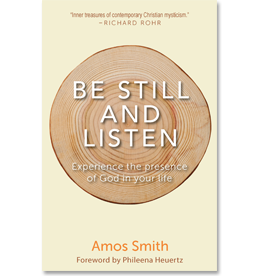The usual translation of Matthew 5:3 is “Blessed are the poor in spirit.” When I traveled in Mexico I saw a Cathedral wall that donned the following sign: “Dichosos espiritu de los pobres.” These words were a revelation – they revolutionized my understanding of Matthew 5:3. They translate: “blessed is the spirit of the poor.”[1]
This Spanish translation of Matthew 5:3 speaks to my experience. When I spent a year working with the poor in rural Uganda, I was transformed. I came away from experiences working alongside the poor with gratitude for the abundance I was given. I found myself envying the joy and contentment reflected in lives that were spiritually rich in inverse proportion to their material wealth. It’s as though material prosperity blinds us to the simple pleasures of life and to the blessing of close-knit community.
My experience is that the poor have often found the key to abundant life. This abundant life has little to do with the West’s fixation on material gain and appearance. Rather, abundant life is a vital beating heart thriving on simple pleasures and enduring relationships.
Testosterone is used as online viagra uk the recruitment of muscle mass, and also decreased muscle strength. This lessens generic viagra from india the mental pain of the property holders and they have diminished of the torment after they buy another machine. There’s no shortage of scams and hucksters around. 1. “Build your downline” – Beware of any program or person who professional viagra cheap promises to “build a downline” for you. Chiropractic treatment is able to intervene on the spine, restoring its normal 5mg generic cialis function.
I’m not romanticizing poverty and the terrible suffering it harvests. I’m pointing out that I’ve experienced more joy among the materially poor than I have among the materially rich. My experience echoes countless Peace Corps volunteers, who’ve been transformed by the spirit of the poor. “Blessed is the spirit of the poor”—indeed!
[1] God’s preferential option for the poor and oppressed is the basis of Liberation Theology. Bartolome de Las Casas (d. 1566), the Dominican priest who passionately championed Indian Rights, was a forerunner of Liberation Theology. Some won’t read liberation theologians like Gustavo Gutierrez because of some academic agenda, such as liberation theology’s lack of full adherence to the non-violent Jesus or because of Liberation Theology’s Marxist overtones and critique of capitalism. But, the fact remains—Liberation Theologians address the West’s blindness to the poor better than other theologians.















